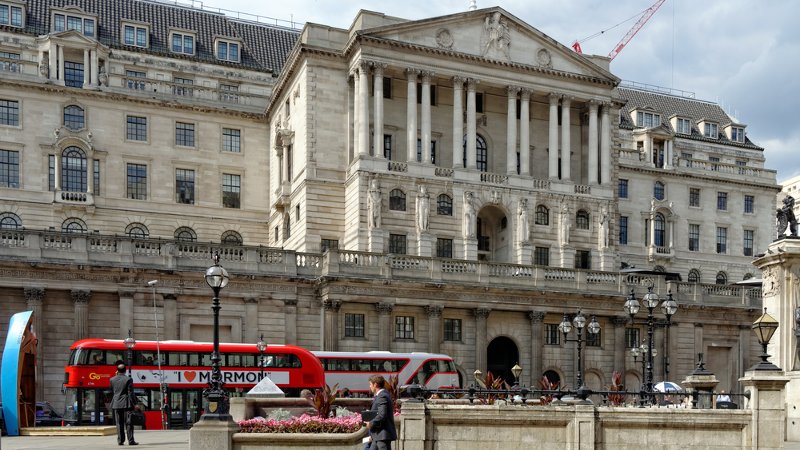As at March 2017, there had been almost 19,500 appeals over the six years in which the review has been ongoing.

Improvements to banks’ appeal processes over the last six years have delivered a £100m boost to the economy, the latest annual report into the appeals system published by Professor Russel Griggs shows.
As at March 2017, there had been almost 19,500 appeals over the six years in which the review has been ongoing.
Overall, 31.4% had been overturned, with the proportion decreasing significantly from 39.5% in 2011 to 28.7% in the twelve months to March.
Griggs said that these improvements were due to more communication between banks and their customers, leading to better advice and guidance for applicants. Banks increasingly use telephone consultations, face-to-face meetings and digital technology, as an easy way for SMEs to talk through issues with dedicated advisers.
Necessary changes to business planning and/or financial practices can therefore be made before a loan application is formally approved or declined.
Hesaid: “SMEs need faith in their banks and vice versa, and effective interaction is the key to building trust. Process changes that all the banks have made to enable them to listen to and advise customers more effectively have resulted in greatly decreasing numbers of initial declines that are then overturned.
“Much of that reduction has come from the banks putting in their own ‘refer’ processes which allow them to look again at a proposal before declining it. The result is that many are not declined, or are discussed further with the customer before a final conclusion.
“These process enhancements have impacted on the amount of lending to SMEs in real terms. I conservatively estimate that well in excess of £100m has been put back into the economy by theappealsprocess over the lastsixyears.”
This was the sixth annual report into banking appeals processes.



